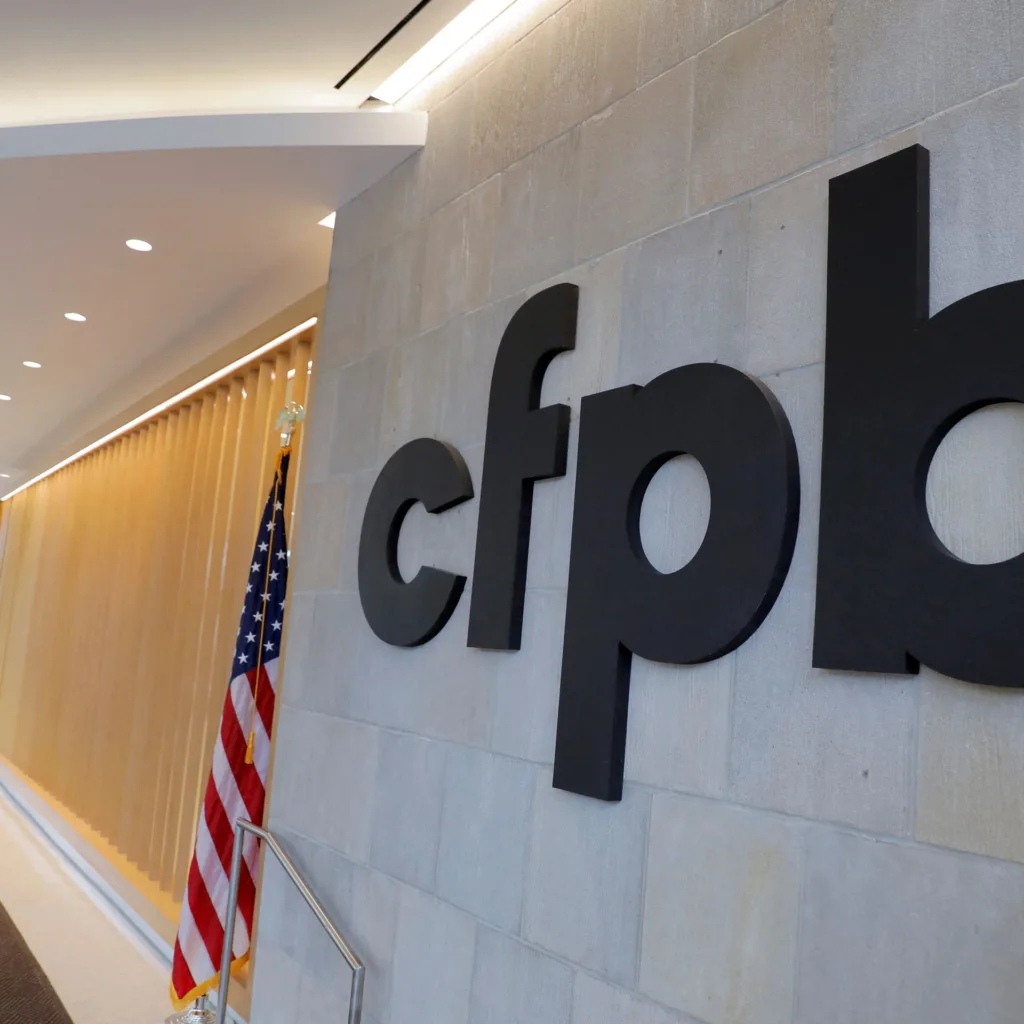
The Electronic Fund Transfer Act (EFTA) is being considered for implementation by the Consumer Financial Protection Bureau (CFPB), the top U.S. agency defending consumers’ financial interests, to safeguard customers from fraudulent cryptocurrency transfers. Rohit Chopra, director of the CFPB, stated at a recent payments conference that the organization is investigating how EFTA might be applied to “private digital dollars and other virtual currencies.”
A federal law known as the Electronic Fund Transfer Act (EFTA) passed in 1978 aims to protect consumers during electronic fund transfers made through bank accounts, debit cards, or ATMs. Its objective is to cut down on consumer losses from unauthorized transfers. Before the first electronic transfer occurs, financial institutions must warn customers about their responsibility for unauthorized transfers. The CFPB’s action is in response to a sharp rise in cryptocurrency platform hacks, up more than 150% yearly. Additionally, Sam Bankman-Fried, the co-founder of FTX, is currently on trial for allegedly misusing customer funds.
Chopra added that the CFPB plans to offer advice on how current electronic fund transfer regulations apply to the cryptocurrency industry. Additionally, the agency will give orders to large technology companies to provide information regarding their data practices and the issuance of private currency. We’ll also look at platforms for non-bank payments.

Chopra also suggested that the Financial Stability Oversight Council, part of the Treasury Department, label some crypto-related activities as systemically important payment clearing or settlement activities. With this designation, other regulatory bodies would receive crucial oversight and resources to guarantee the stability of stablecoins.
Impact: The CFPB’s investigation into applying EFTA to cryptocurrencies could greatly affect the sector. If put into practice, it would obligate participants in the cryptocurrency market to adhere to consumer protection laws, ensuring that customers are properly informed about the dangers and obligations involved in cryptocurrency transactions.
Additionally, it might result in better security safeguards and discourage criminal activity in the cryptocurrency industry. However, regulatory compliance may result in more administrative work for cryptocurrency businesses. This action reflects the U.S. regulatory framework’s growing acceptance of cryptocurrencies and aims to safeguard consumers in an increasingly digital financial environment.

